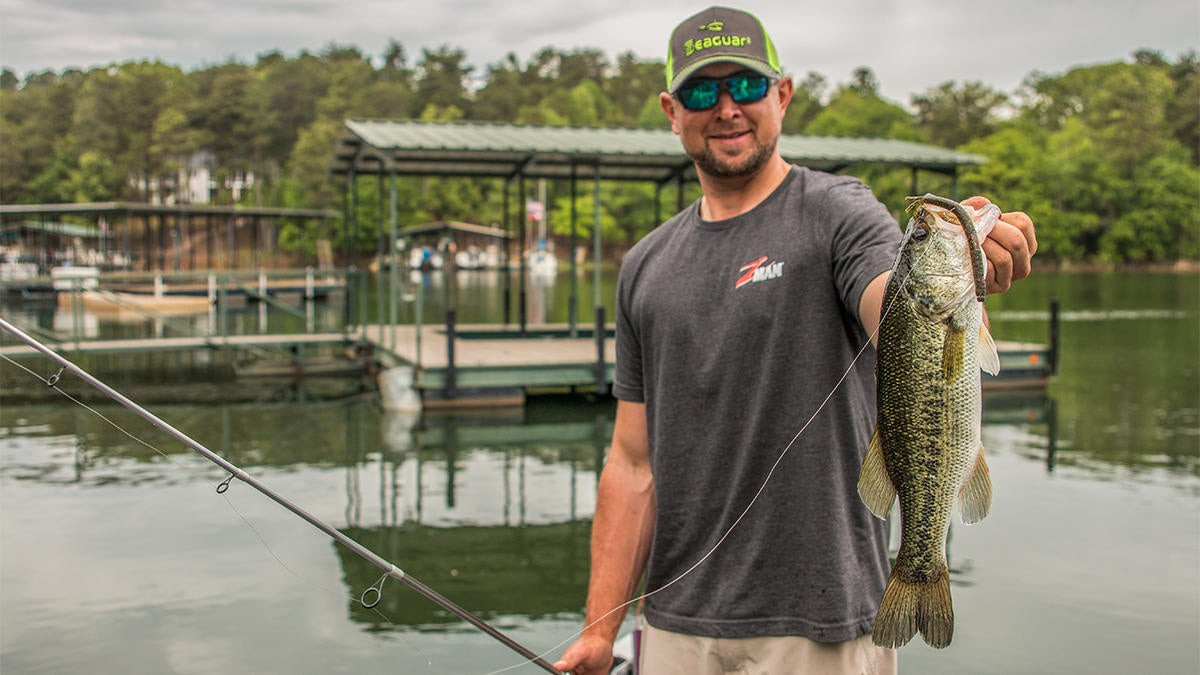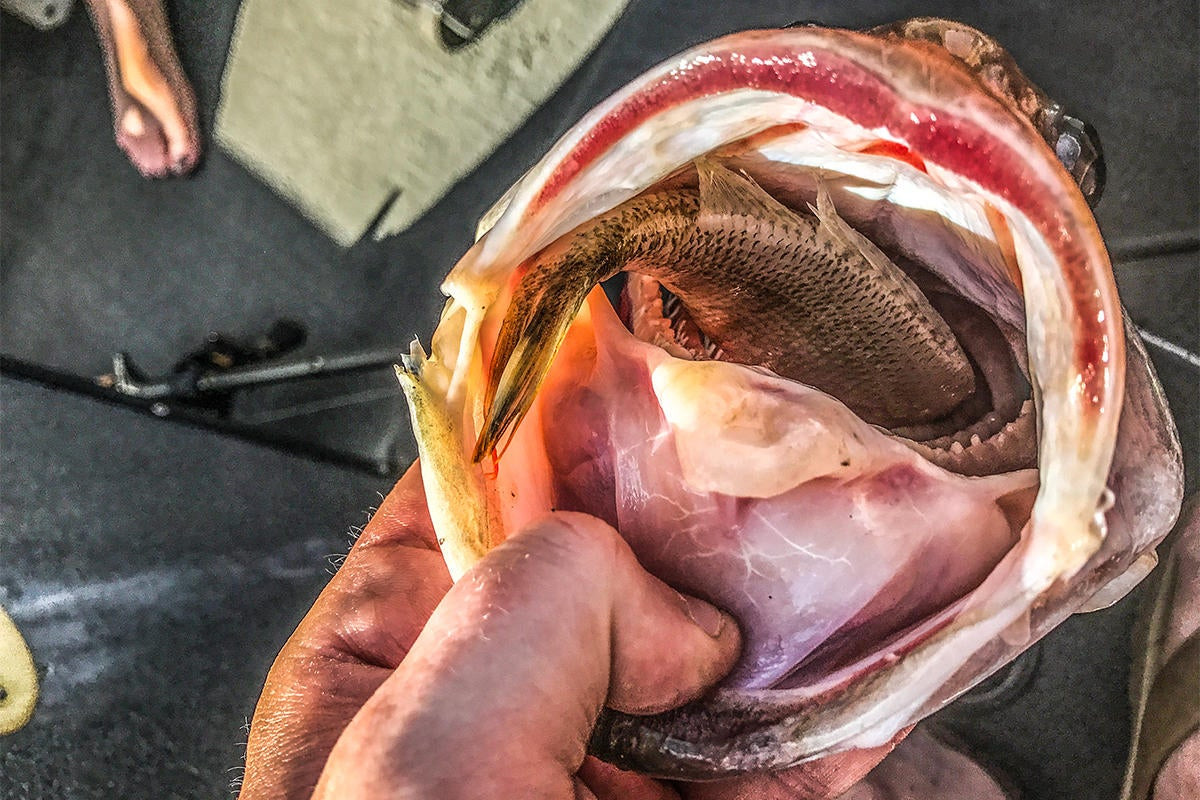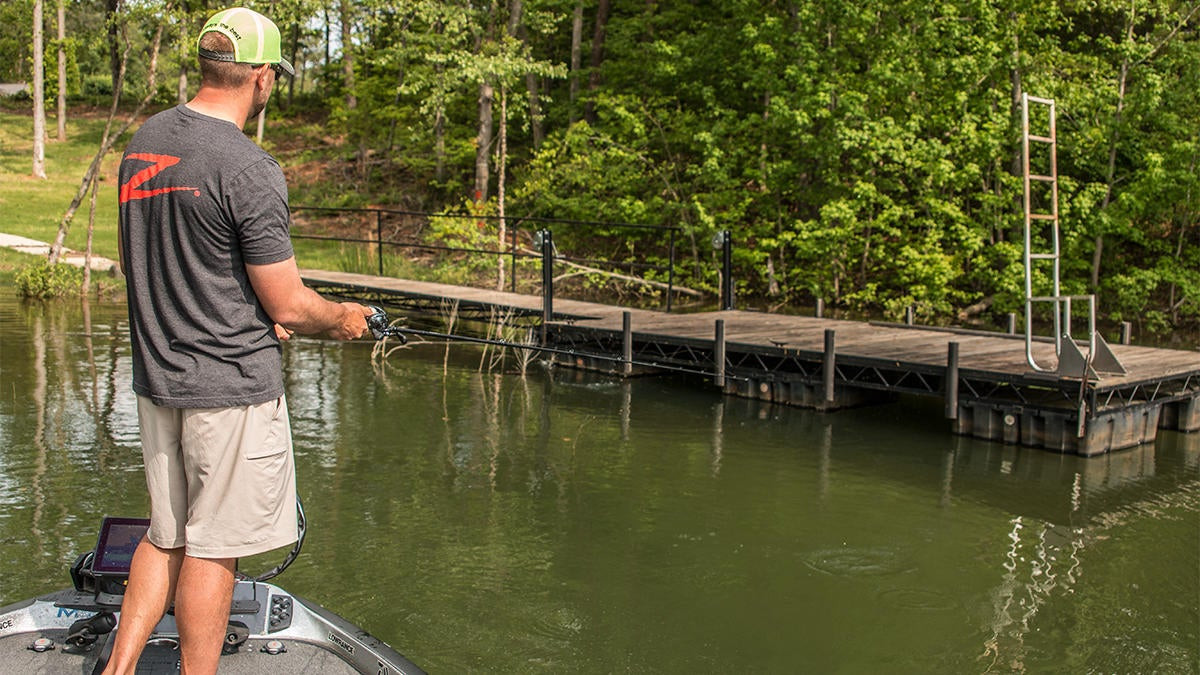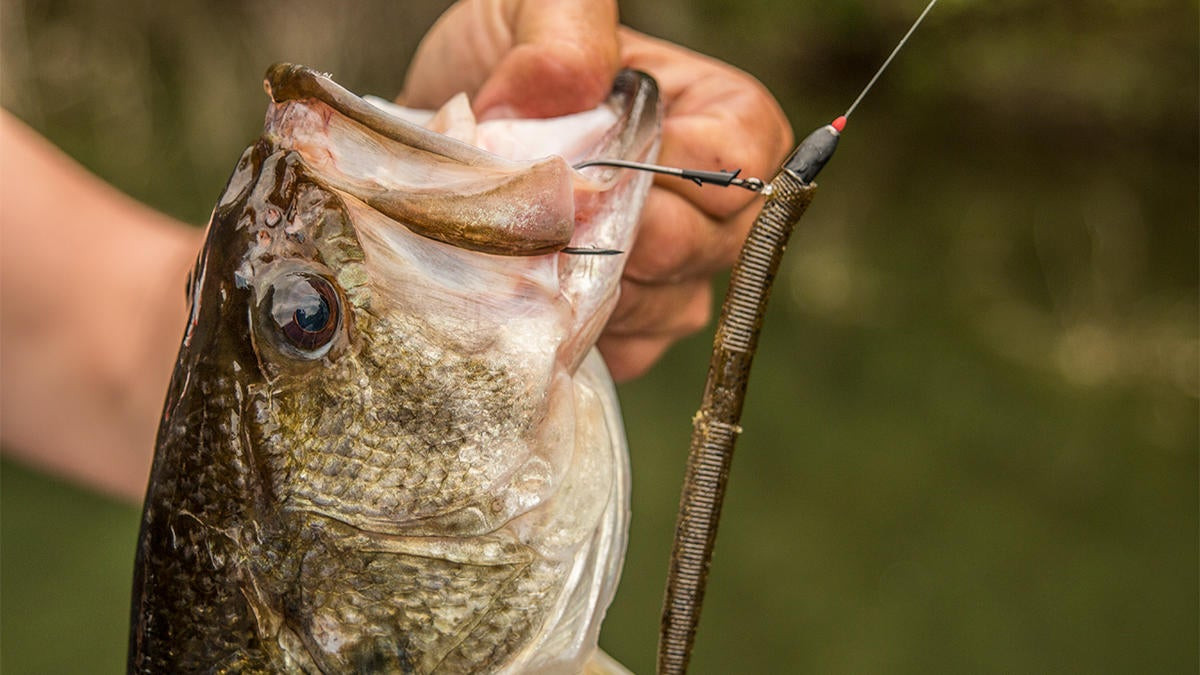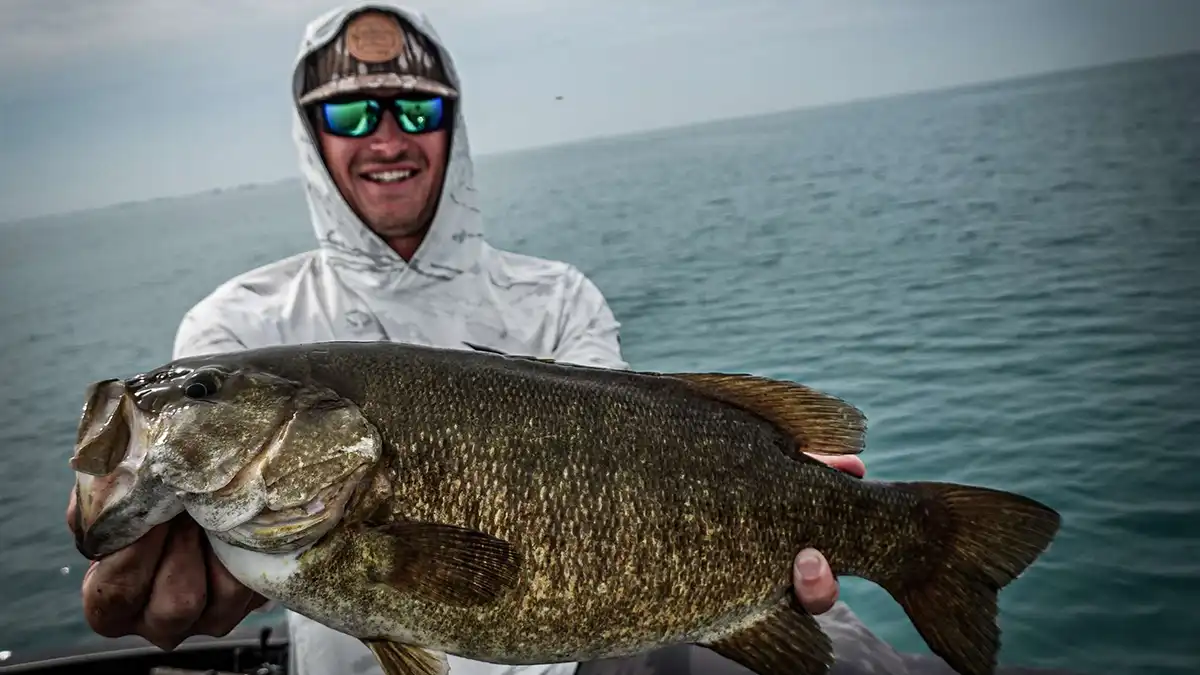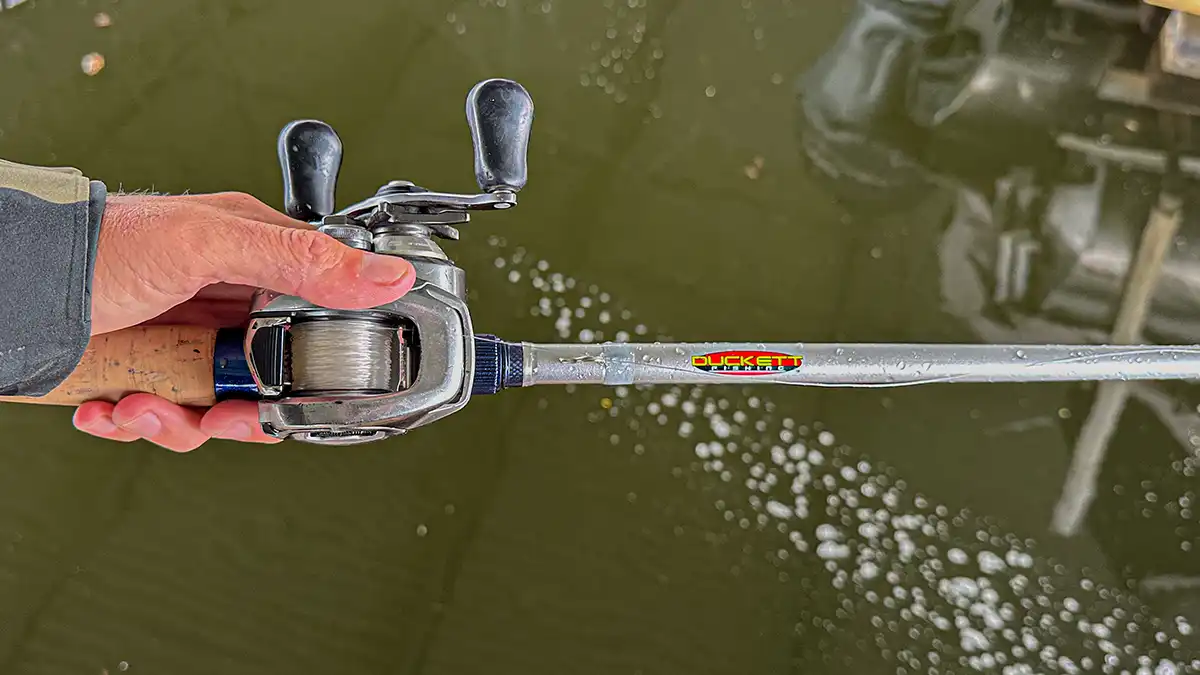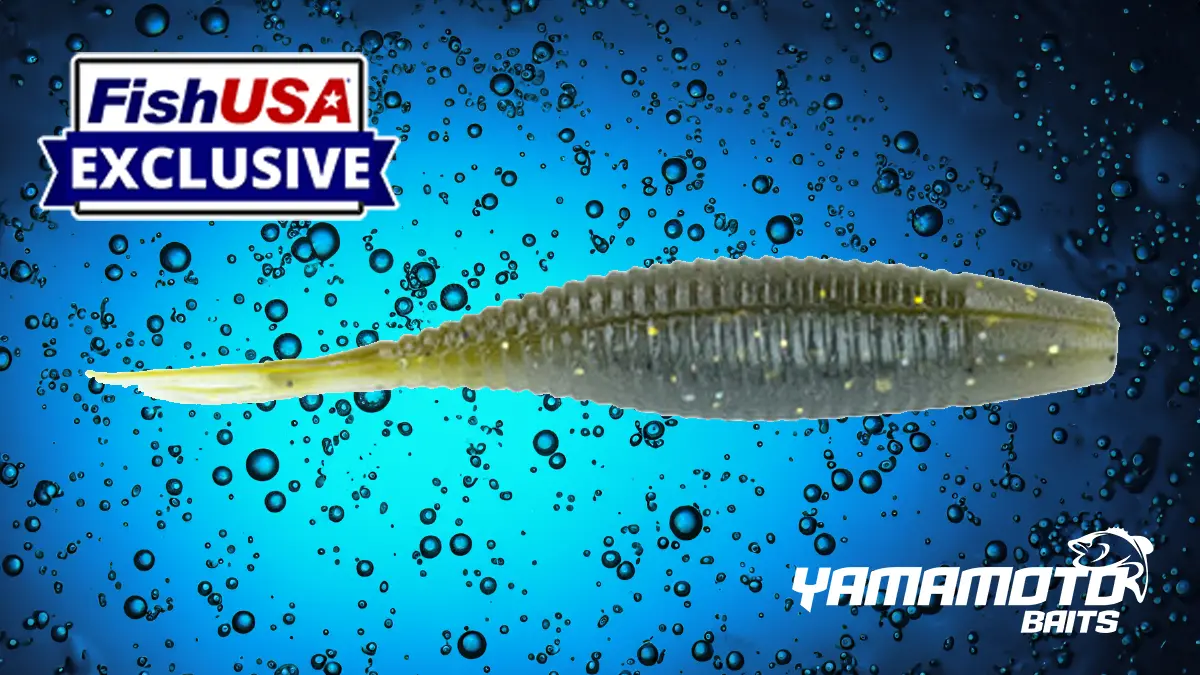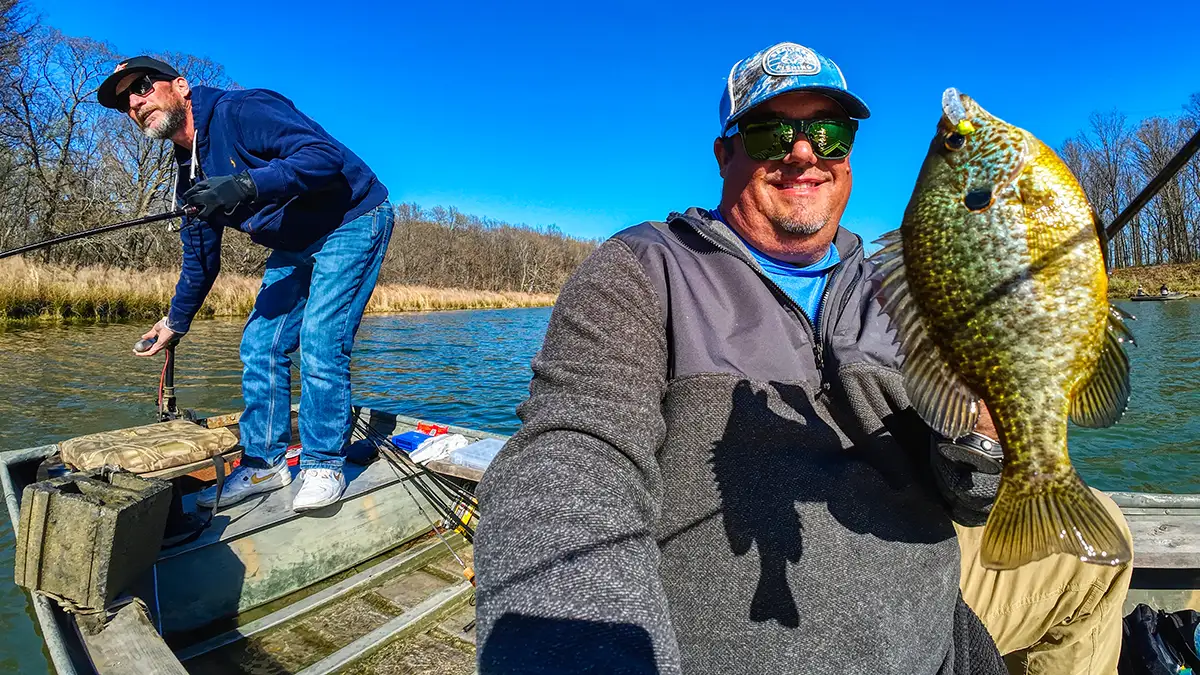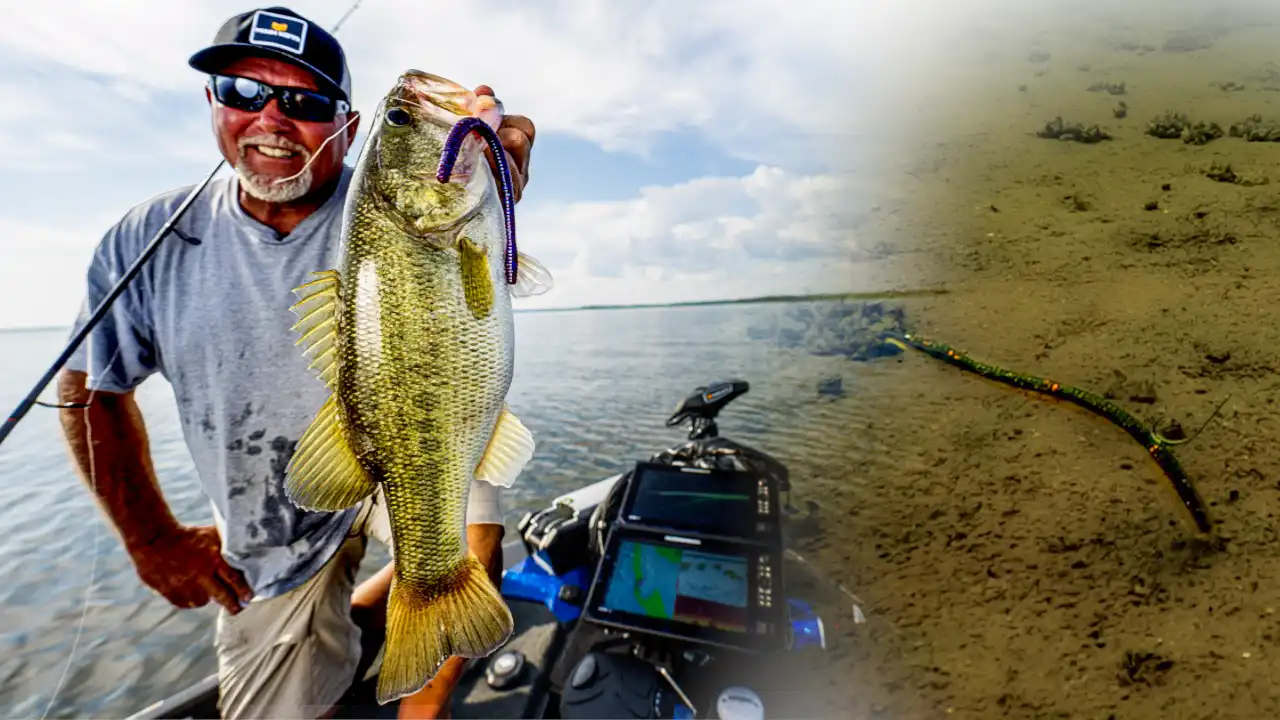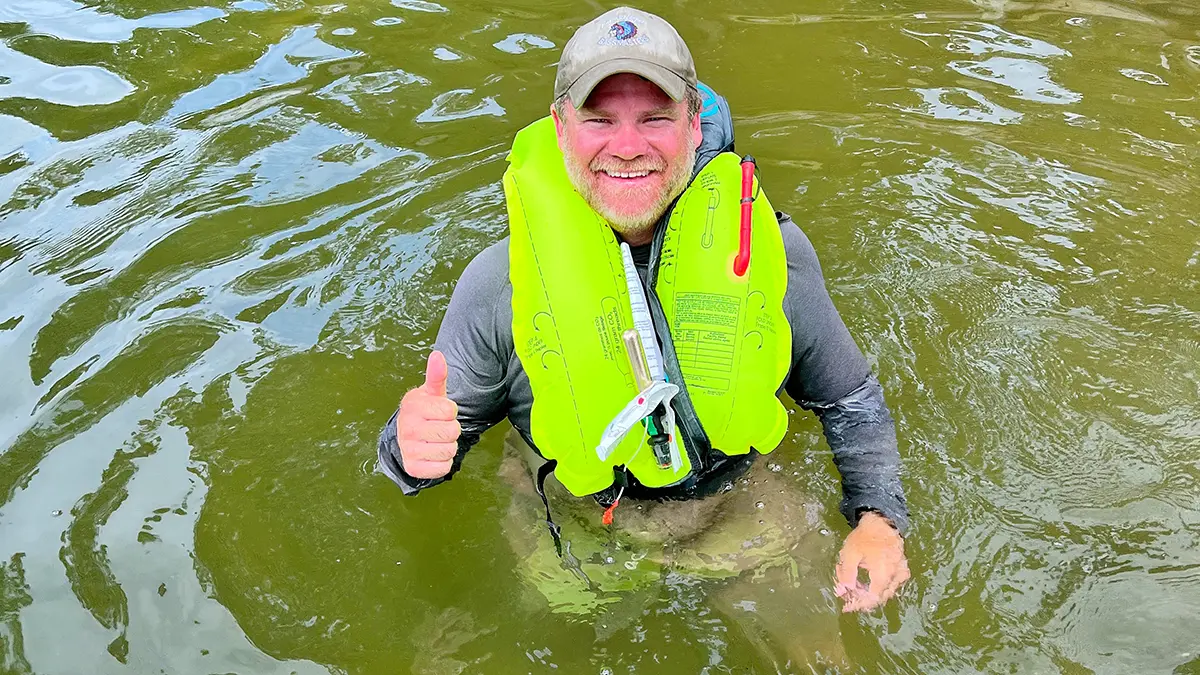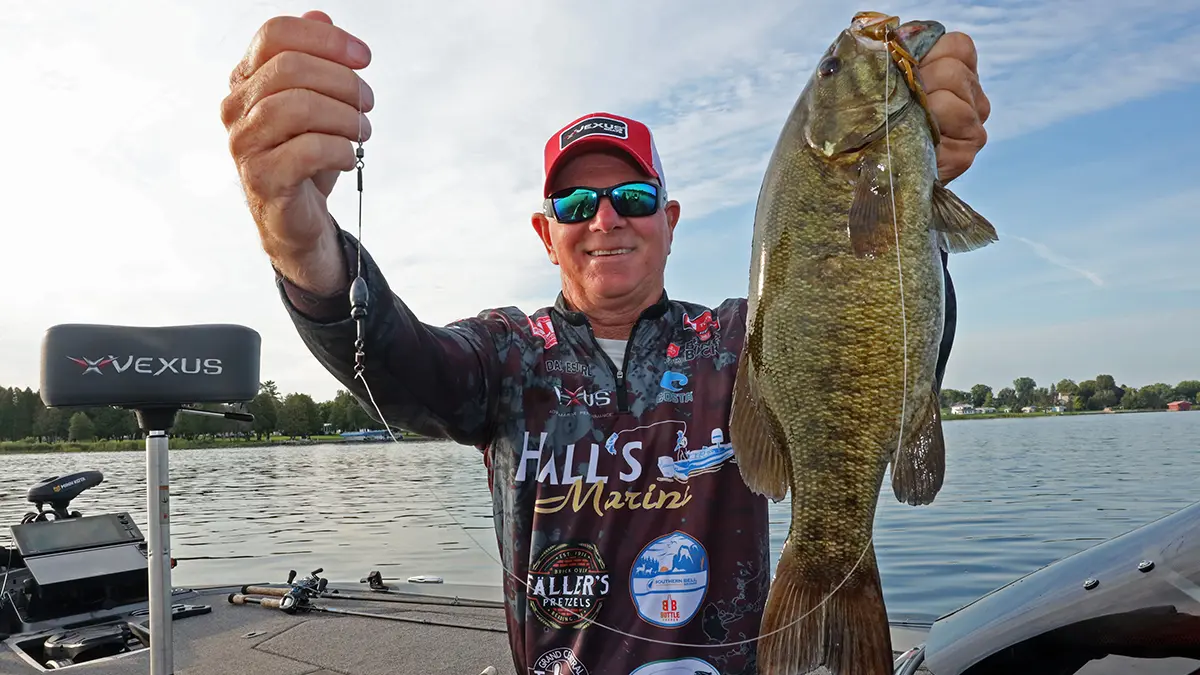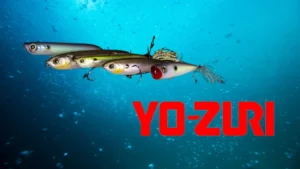Whether you lack the experience, patience or you just flat-out don’t like it, fishing deep is not always necessary in the heat of the summer. When the late summer rolls around, fishing in just a few feet of water can often be your best bet for both quantity and quality. There are plenty of options for the shallow-water angler this time of year.
Case in point, I recently hopped in the boat with professional angler Rob Jordan. The fish were lethargic, it was hot as could be and we couldn’t really find much size as we probed deep, offshore structure. When he made the call to start picking apart shallow cover, however, we were catching lots of quality bass in a matter of minutes.
I picked his brain a lot that day and thought it definitely warranted an article. I’m going to let you in on the four best tips for catching shallow bass and having an excellent bite all to yourself.
The method to the madness
Again, we’ve all had it burned into our brains from an early age: If you want to catch a bunch of summer bass, you need to be in deep water. That is not always the case. Yes, you can catch some offshore bass in the late summer, but there’s a strong case to go shallow according to Jordan.
“I personally believe a lot of the bass stay in the shallows all year long,” he said. “Think about it, they have pretty much everything they need up there. They have a bunch of bluegill to eat and plenty of crawfish, too.”
It’s worth noting, however, that you’re more likely to find these shallow, resident bass in the upper sections of your local lakes and reservoirs. This is where the rivers often come into the bigger and deeper body of water.
“When you look at a map of your favorite lake, spend some time checking out the river arms in the upper section,” Jordan said. “These fish don’t normally have the same offshore options as the fish in the lower section of the lake. It’s a long swim to any suitable offshore structure, so their entire live is lived in water less than 6 feet.”
- Water clarity: You’ll have a much easier time locating and catching bass when these shallow areas are stained. A bass is more likely to stay shallow in dirty water and not to mention, it camouflages any unnatural lure characteristics such as hooks, split rings, weights, etc.
- Water quality: “I guide professionally at Lake Lanier, which is a very deep and clear lake,” Jordan said. “But in the late summer in the 30 to 40-foot depth range, the lake begins to turn over. When this happens, the oxygen level is not high enough to support gamefish in deep water. As a result, you’ll often see good number of bass flood the shallows as they search for more suitable water quality.”
Isolated cover is a huge deal
When Jordan and I were fishing together this day, we noticed a very solid and repeatable pattern after just a few bites. If you could find any piece of cover sitting by itself in 2 to 4 feet of water, you’d be able to call your shots and predict each bite. It was one of the strongest patterns I’ve seen this year and it’s all because of the isolated cover.
“Isolated cover is unbeatable with this pattern,” Jordan said. “You don’t have to get too specific with it, to be honest. It can be boat docks, laydowns, grass or even rock. When the cover is situated by itself in shallow water, it tends to concentrate bass. Essentially, you want to find a shallow area where there’s more cover than bass. This will make for some unforgettable days because that one stump that’s sitting all by itself might have several big bass on it.”
In the photo above, Jordan and I were fishing a very small pocket on Lake Hartwell. The boat was sitting in about 3 feet of water and the boat dock he’s targeting was in about 2 feet of water. There was a small patch of dogfennel next to the dock and that was about it – everything else was barren in that pocket. Other than this dock, most people wouldn’t even consider pulling in and fishing it.
From that small dock, however, we caught both of the fish pictured in this article. They didn’t have anywhere else to position, so it made it very easy to pinpoint exactly where they’d be. So not only does this isolated cover concentrate fish, but it also allows an angler to eliminate unproductive water and cover water very efficiently.
3 techniques that will catch ’em
If you’re inspired to go try this pattern on your next fishing trip, it’s important that you’re equipped with a few high-percentage baits that will help you maximize your success. Luckily, this doesn’t require a boat-full of expensive tackle. Keep it simple and you’ll certainly be rewarded.
- Texas rig: “Whenever you’re dissecting shallow cover, it can be pretty darn tough to be a Texas rig,” Jordan said. “I really like Texas rigging a Z-Man Bang StickZ because it’s small tentacles seem to put off a lot of action underwater. I also like to use a 3/0 or 4/0 straight shank flipping hook with an oversized keeper so the bait stays in place when I’m skipping it. Complete that with some 20-pound Seaguar AbrazX and you’re ready to rock.”
- Neko rig: If you haven’t jumped aboard the Neko train yet, I’d suggest giving it an honest try. Jordan Neko rigs Z-Man Bang StickZ with a 1/20-ounce weight and relies on this technique when the water is a bit clearer. This subtle and compact profile allows him to make stealthy skip casts without spooking nearby big bass. He uses 20-pound Seaguar Smackdown braided line with a 10-pound Seaguar Tatsu fluorocarbon leader.
- Spinnerbait: “If you find yourself in some overcast conditions with a little bit of wind, make absolutely sure you have some sort of spinnerbait tied on and ready,” Jordan said. “You can cover water very quickly this way and it’s an excellent search bait. If you get a few bites in one particular area, you can go back with a Texas or Neko rig and pick it apart to get even more bites. I’ve done that many times with my Z-Man Sling BladeZ spinnerbait.”
If you’re tired of the tough fishing lately, take a day and make yourself commit to fishing shallow water. A lot of those fish live back there all year long and they’re hardly messed with, so when you run across a few, they’re not terribly difficult to catch.


